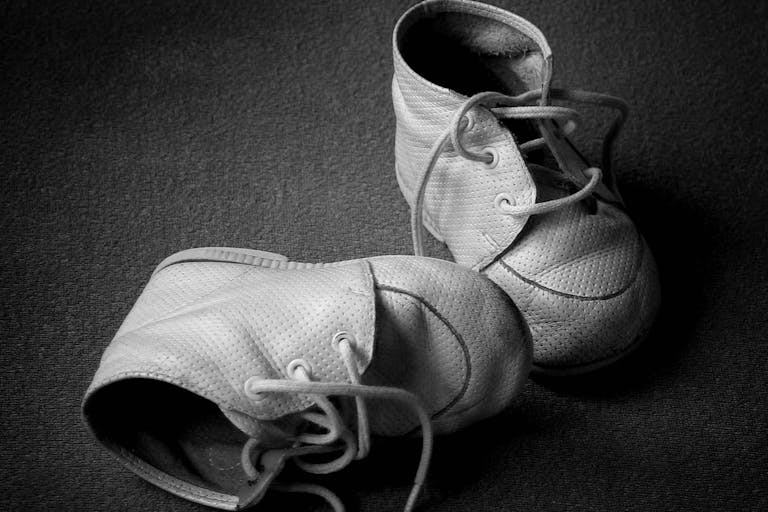
STAGGERING: Abortion killed 10M more humans in 2025 than all other causes
Carole Novielli
·
Former UK MP says it’s good if certain people feel pressured toward assisted suicide
As the United Kingdom (UK) considers legalizing assisted suicide, one former member of parliament (MP) has weighed in, arguing that legalization could lead to the elderly and ill feeling that they are a burden on their families and thus need to die… and that this is a good thing.
Matthew Parris served as an MP from 1979-1986, and has since become a prolific novelist, radio and television presenter, columnist, and political pundit. In a new column for the Spectator, he urged readers to ignore the “reactionaries” who oppose assisted suicide. Parris is an openly gay man, something that was considered controversial and dangerous in the 1980s, and he uses that as a comparison to the assisted suicide debate.
“Our opponents argued that it was a slippery slope; that our campaign would lead to demands for total equality of esteem; that homosexuality would burst out all over the place and prove contagious, even popular; and ‘spread’ as a lifestyle choice,” he argued. “Privately I rather agreed with them, but our campaign ducked such a scenario. All we wanted, we argued, was to be left alone. We played down the idea of noisily assertive gay pride, knowing it would hinder, not help, our campaign.”
This time, he said he would rather “go for honesty” and admit to the potential for a slippery slope rather than try to placate people.
Once (they say) the idea becomes normalised that those for whom the weight of suffering has become too heavy should be able to end it, there will follow an increase in pressure on the terminally ill to lift the burden that looking after them places on caring relatives. ‘Nobody’ (replies the campaign for assisted dying) ‘would be so cruel as to urge a sick, elderly loved one to consider suicide.’
‘Ah, maybe not,’ replies the opposition, ‘but even if nothing is said – even if the caring companions would not in fact want their loved one to do any such thing – the loved one will think it. How often do we hear people say they don’t want “to be a burden on others”? Once our national culture openly condones such an act, the terminally ill may put pressure on themselves to do the deed.’ Moral pressure is a thing that may be felt even if it is not being applied by others.
The “opposition,” Parris said, are likely right — but far from being horrified by the notion of someone committing suicide out of fear of being a burden on their loved ones, Parris argued this is a good thing.
READ: DISTURBING: Dutch poll finds majority support assisted suicide if life is seen as ‘complete’
“[A]s to adding pressure upon the terminally ill to lift the burden they’re placing on others… well, let me bite the bullet. In time, I think that the spread and acceptance of assisted dying may indeed do that. And let me bite deeper into the bullet. I think this would be a good thing,” he admitted. Why? Because advances in medicine have allowed people to live longer lives. He continued, “The option to foreshorten this will have to be more easily available and social mores will change to accommodate it. That includes the responsibilities the terminally ill feel towards those who must support them. We do feel these responsibilities now. We always have. It is natural. We are right to acknowledge their weight. To act upon these feelings will eventually be normalised in popular morality. That is where this legislative journey ends, and that is where it should.”
The problem with this mindset is that it essentially says the only people who deserve the right to life is those who are able-bodied and healthy. And this is a mindset that is already disgustingly prevalent, as people with disabilities have noted. Ben Mattlin, a 55-year-old man with spinal muscular atrophy, spoke out against assisted suicide in 2017.
“The value of my life has been discounted by medical professionals, and others, more often than I care to remember. That’s because even at my healthiest, I am what some would consider terminally ill,” he noted, concluding, “Conditions like [Brittany] Maynard’s and mine are expensive to treat on an ongoing basis. Death is cheaper. Sure, anybody who tries to push someone toward seeking death under this law is liable for felony prosecution. Yet a lack of adequate health insurance coverage alone sends a pretty strong signal. To me, just having the state condone the option of unburdening others is tantamount to more than a green light. To the most vulnerable, it’s a kick in the pants.”
Live Action News is pro-life news and commentary from a pro-life perspective.
Contact editor@liveaction.org for questions, corrections, or if you are seeking permission to reprint any Live Action News content.
Guest Articles: To submit a guest article to Live Action News, email editor@liveaction.org with an attached Word document of 800-1000 words. Please also attach any photos relevant to your submission if applicable. If your submission is accepted for publication, you will be notified within three weeks. Guest articles are not compensated (see our Open License Agreement). Thank you for your interest in Live Action News!

Carole Novielli
·
Analysis
Carole Novielli
·
Analysis
Nancy Flanders
·
International
Nancy Flanders
·
Issues
Angeline Tan
·
Analysis
Cassy Cooke
·
International
Cassy Cooke
·
Politics
Cassy Cooke
·
International
Cassy Cooke
·
International
Cassy Cooke
·
Analysis
Cassy Cooke
·